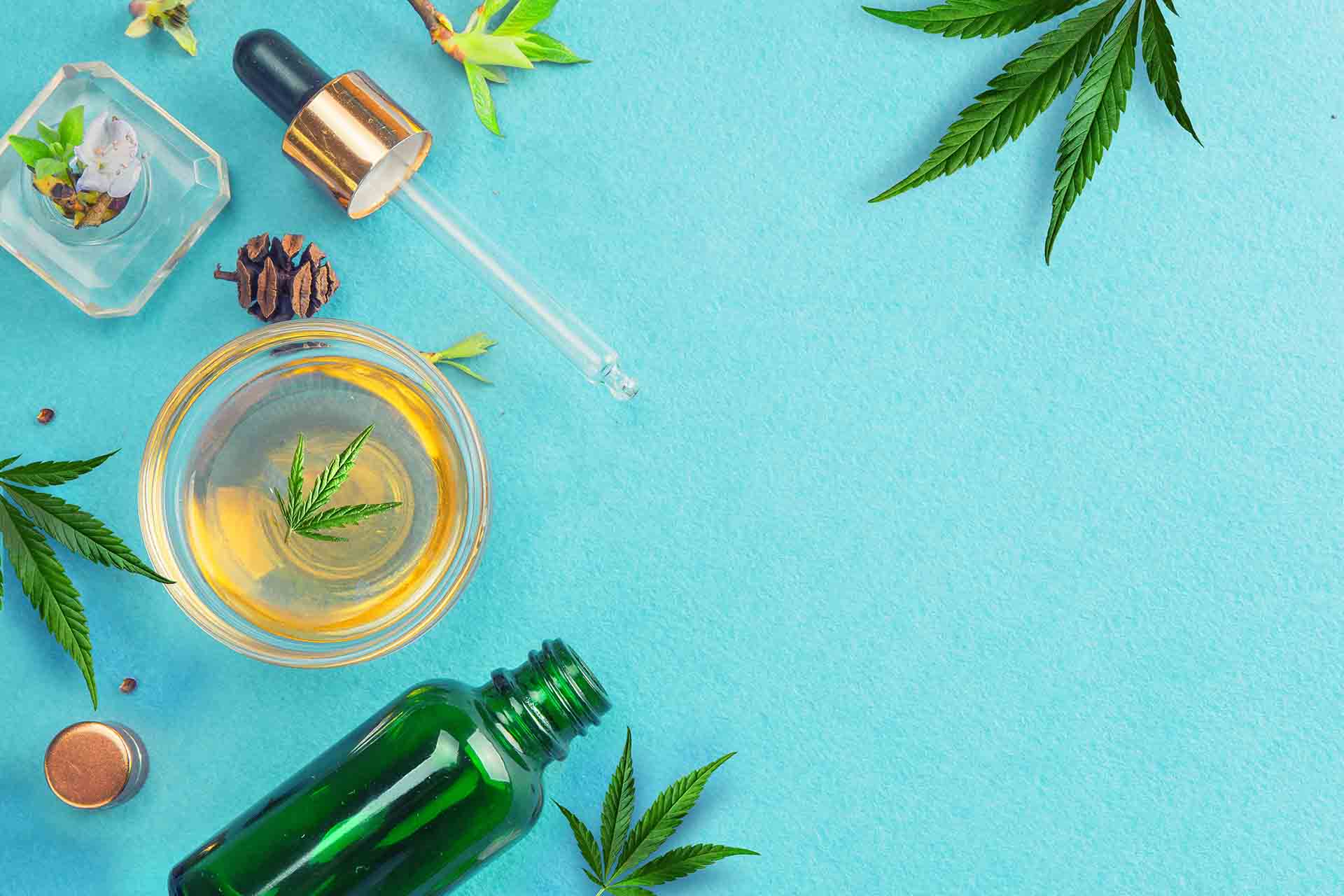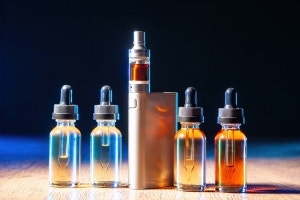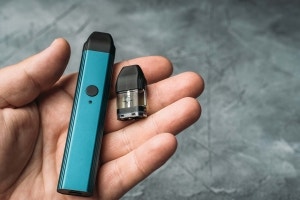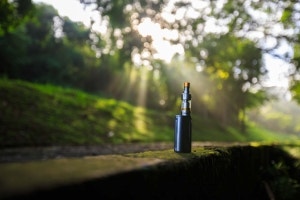Cannabidiol (CBD) – What We Know and What We Don’t Know
We answer some popular CBD questions that beginners commonly ask

With the rise of popularity surrounding CBD, it’s no surprise that more and more questions get raised. Many are finding themselves CBD-curious, wondering whether to give CBD a try and how it might be worthwhile for them. So, we’ve gone into some of the key points of what we do and don’t know about CBD to help you decide.
What is CBD and what are the best ways to take CBD?
Cannabidiol – also commonly known as CBD – is a compound derived from the hemp plant. Many people believe CBD is the same as marijuana however they are not quite the same. CBD oil is legal and contains very little of the psychoactive compound THC (Tetrahydrocannabinol). CBD interacts and binds with our endocannabinoid system, a natural system that works with endocannabinoids.
That’s why the best methods for using CBD usually pertain to how quickly the CBD is absorbed into your systems. In this respect CBD oil and CBD vape are the top tier methods for taking CBD, offering fast absorption and are easy to use. The effects of vaping CBD vape juice however is likely to end quicker than if you use CBD oil. However, it is purely up to you, which method of CBD works best for you and what you wish to achieve with it.
So, what do we know about Cannabidiol (CBD)? We know that it works in conjunction with the endocannabinoid system in our bodies. We also know that CBD has an abundance of potential benefits however currently these are only self-reported or speculative. In the UK and EU, not enough research has been conducted to make any concrete suggestions. Therefore, CBD is not permitted to be marketed as a medicinal product unless stringent tests have been completed. Instead, you’re more likely to enjoy CBD as a nutritional food supplement, vape product or cosmetic product.
What we don’t know about CBD
Demand for CBD products has continued to rise with its popularity, and with it therefore more researchers are looking into its potential benefits. At this moment in time, there are still not enough studies to authorise health claims in the UK and EU. A lot of information on CBD and its effects often comes from self-experiences or reports from others taking CBD. So, what don't we know yet about CBD?

How the body reacts to cumulative exposure to CBD
If someone was to use CBD daily with multiple mediums, and multiple strengths, what would the effects be? With the increase in popularity, it could be assumed that some people decide to add CBD to as many aspects as possible in their daily life. Currently, the FDA has only advised that you should take no more than 70mg of CBD a day. But when you introduce different mediums and strengths, all of which had different absorption times and lengths of CBD effects, it can get confusing quickly. As CBD is currently sold as a supplement and is generally unregulated, it is hard to surmise exactly how much CBD could potentially provide benefits – the exact reason why more research into this matter is needed.
How CBD reacts in different populations and across age
Similarly, there are still many questions about the effects of CBD on different types of populations. What effects does CBD have on pregnant women, children, or elderly people? At this time there is very little research in this area but if you fill any of these criteria, it’s advised to speak with your GP or health practitioner before taking CBD.
Common CBD questions
Is CBD addictive?
No, CBD is not addictive. In fact, there have been several studies that have looked into CBD and addiction specifically, with very intriguing results. CBD does not contain THC (in the UK CBD products must contain less than 0.2%). A review from the World Health Organisation concluded that there was no evidence of it having abuse potential or causing harm.
Can CBD interact with medication?
There can be side effects from taking CBD that vary between users. These can include low blood pressure, dry mouth, lightheadedness, and drowsiness. If you take any medication or suffer from heart disease, please ask your doctor for advice before taking CBD.
Are CBD products age-restricted?
Products containing CBD should only be used by those aged 18 and over unless instructed to do so by a healthcare professional. While CBD is generally regarded as safe for use, it is advised to not use CBD during pregnancy and breastfeeding due to the lack of research available yet.
How long does it take to absorb CBD - and how long does it stay in my system?
Anything that bypasses your digestive system will enter your bloodstream quicker and thereby affect you quicker. CBD products such as sublingual drops, sprays and vapes are particularly good for this. When it comes to the length of time CBD stays in your system, the timings vary due to many factors (metabolism, CBD strength, method etc).
Generally, it’s accepted that ingesting CBD on an empty stomach will mean it is metabolised faster. Likewise, it is believed that it can take 18-32 hours for CBD you took to be half used up.
Why is CBD so expensive?
Creating CBD is a costly business when you consider the work that goes into every batch from cultivating hemp all the way to creating a final product. Our CBD is cultivated from high-quality, organic hemp farms in the US that undergo specialist processes to ensure the quality and safety of our products. CBD is a type of product you don’t want to buy a lesser version – high-quality CBD is both safe and effective.











